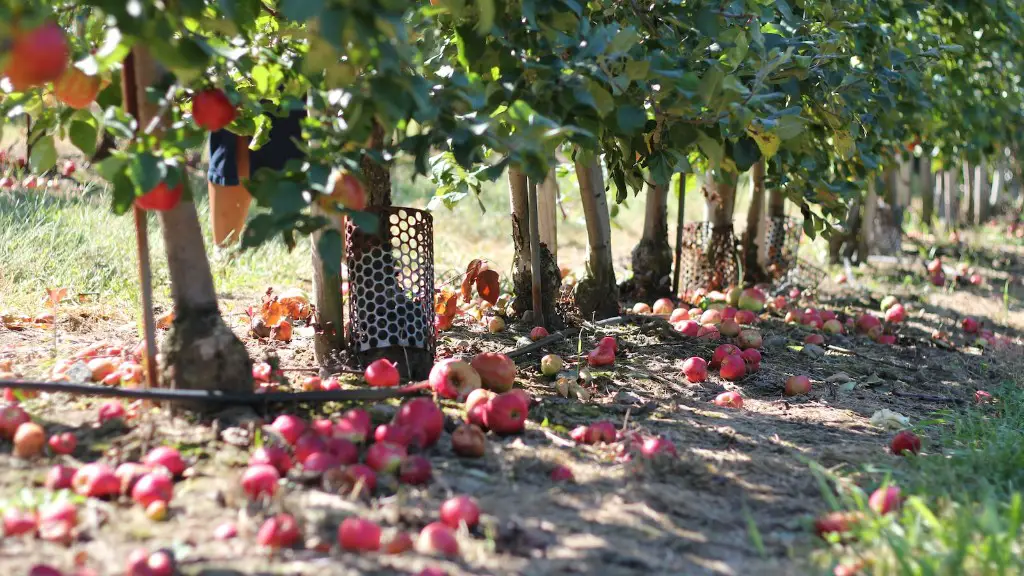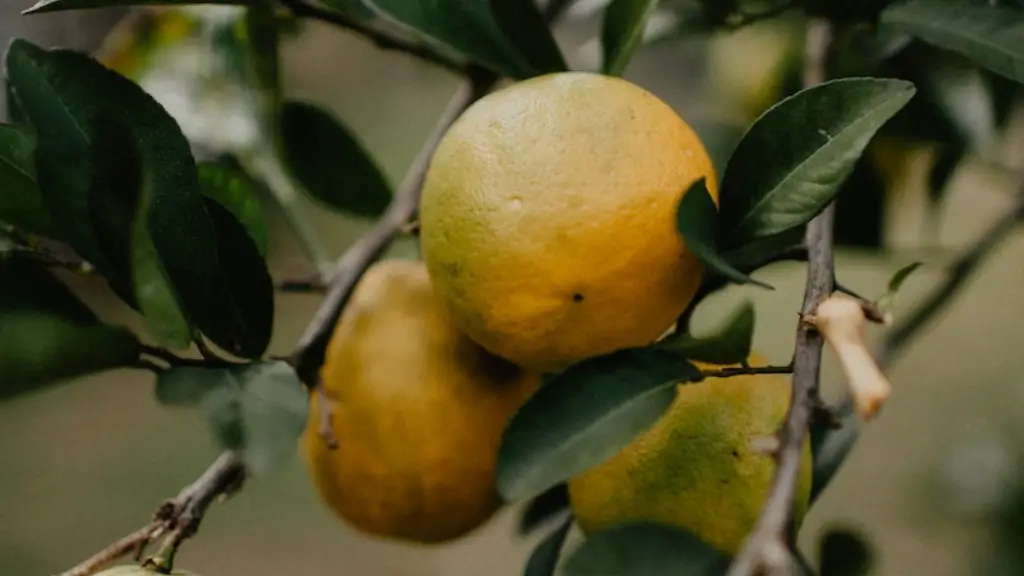Actively attending to the needs of a dwarf Meyer Lemon tree will benefit its growth and productivity. The key elements of cultivating a dwarf Meyer lemon tree are proper nutrition, the right climate, pruning and pest control. Knowing what to do and when to do it can help ensure the health of the tree.
The dwarf Meyer lemon tree needs balanced nutrition to thrive. Fertilize the tree every two to three months. The right fertilizer depends on the age of the tree: use a fertilizer with a nitrogen-phosphorous-potassium blend for an older tree, and an all-purpose fertilizer for a younger tree. The amount of fertilizer to give is determined by the size of the trees; if in doubt, start off with a half dosage. Pay attention to when the ground is moist and when it is dry, as moist soil can cause fertilizer “burn” in the tree roots.
When caring for a dwarf Meyer lemon tree, it’s important to provide the appropriate climate for growth. Placing the tree in a south- or southwest-facing location will give it a good balance of sunlight and temperature. If keeping outside, the temperature should never drop below 20˚ F. If the tree is indoors, it should be put in a sunny spot, like near a window. Keep in mind that although Meyer lemons tolerate temperatures near freezing better than most citrus trees, temperatures below 32˚ F even for short periods can be damaging.
A regular pruning program is necessary for the dwarf Meyer lemon tree. Pruning should be done in the spring, after the harvest and early in the season. Pruning consists of cutting away dead and diseased branches, as well as thinning branches for better light and air exposure within the tree.
Pest control is also necessary to keep the dwarf Meyer lemon tree healthy. Lemon trees can be vulnerable to common garden pests like aphids and scale. Spraying a diluted pesticide – like neem oil – is recommended.
Dwarf Meyer lemon trees need a balance of nutrition, the right climate, pruning and pest control to thrive. Knowing what to do and when to do it is the key to success.
Nutrition
The dwarf Meyer lemon tree requires balanced nutrition for its growth and productivity. Fertilizing with a nitrogen-phosphorous-potassium blend for older trees and an all-purpose fertilizer for younger trees every two to three months provides the nutrients essential for the tree’s growth. Different ages of trees require different fertilizers and amounts; take the tree’s size into account when fertilizing, and err on the side of a lower dosage to avoid fertilizer “burn” of the roots.
Climate
The proper climate is essential for the growth of a dwarf Meyer lemon tree. For outdoor trees, a location with a southern or southwestern facing is ideal as it ensures both warmth and enough sunlight. Trees kept outside should not be exposed to temperatures below 20˚ F, as this could be damaging to the tree. For trees kept indoors, a spot near a sunny window is the best. While Meyer lemons are more tolerant of temperatures near freezing than other citrus trees, temperatures below 32˚ F should still be avoided.
Pruning
Regular pruning is an essential part of the dwarf Meyer lemon tree’s care. In the springtime, after the harvest, pruning should be done early in the season to cut away dead and infected branches as well as thinning for a better light and air flow. Pruning helps promote healthy growth, so don’t be afraid to get in there and prune away!
Pest Control
As with any tree, pest control is important for the health of a dwarf Meyer lemon tree. Common garden pests, such as aphids and scale, can plague the tree, so a diluted pesticide such as neem oil sprayed on the tree every few months can help protect it.

